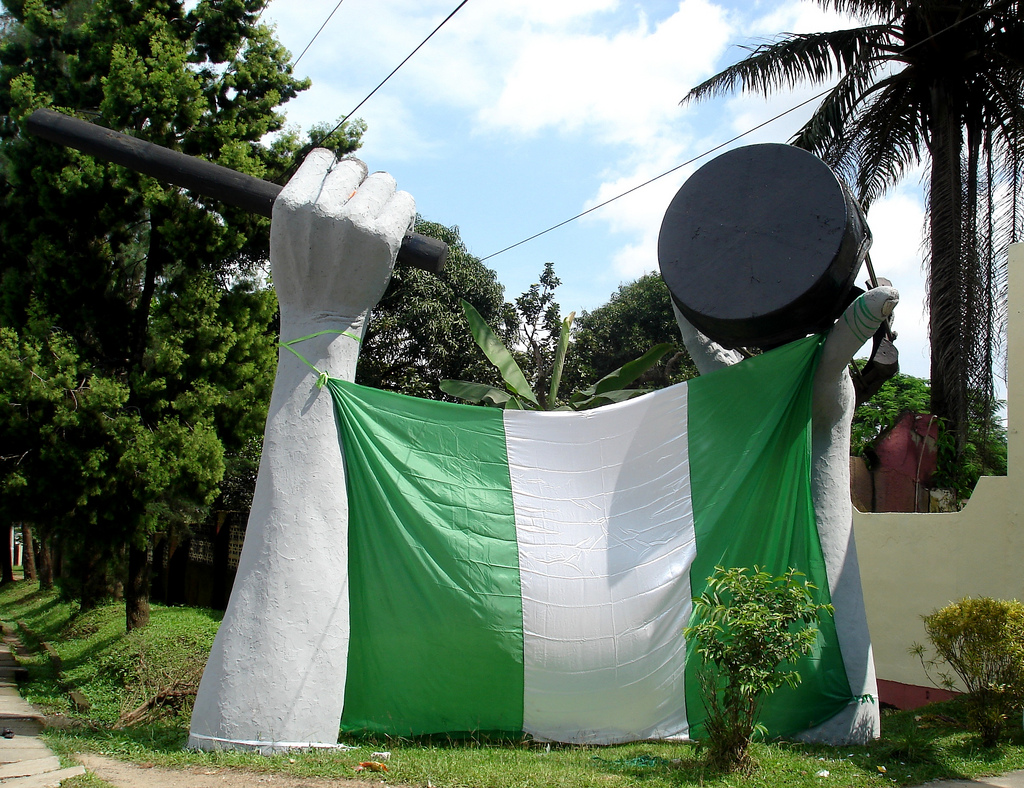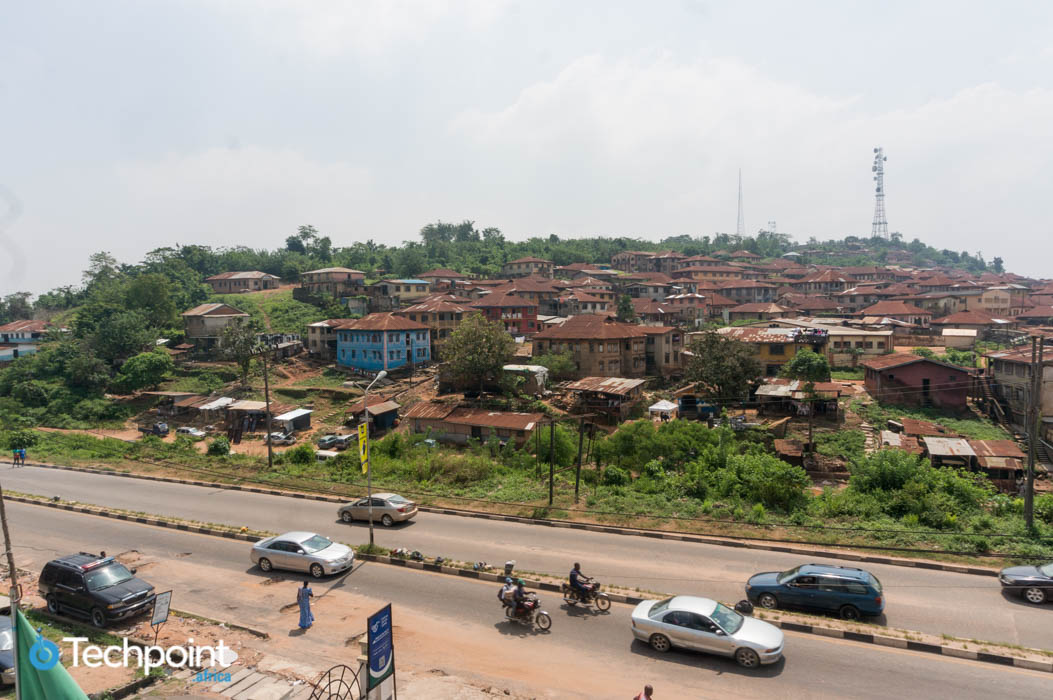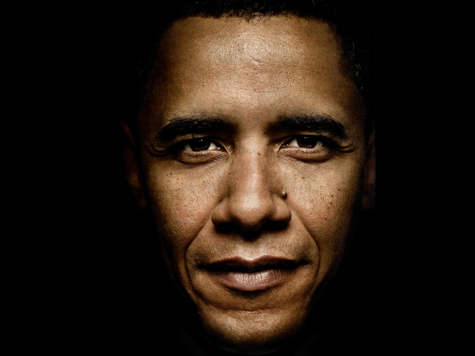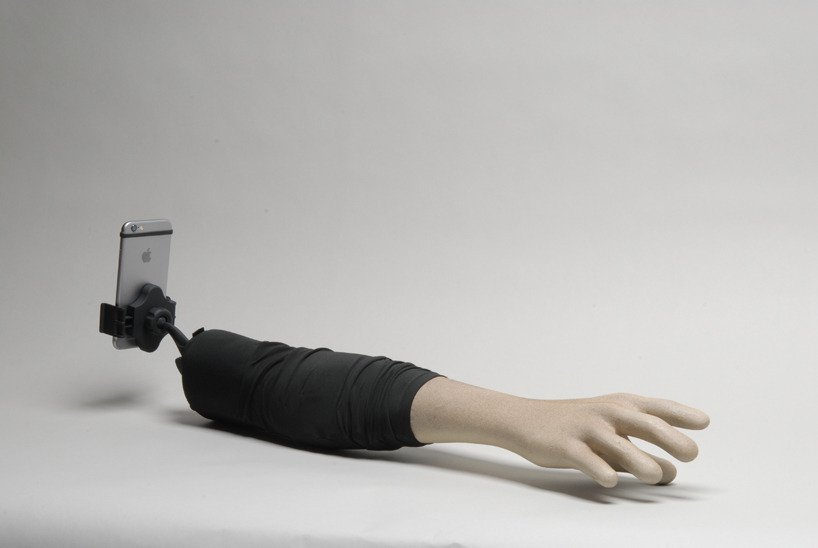More controversy has since trailed the Cambridge Analytica scandal involving Facebook that has resulted in one of the biggest data breaches in recent times.
Recently, in a blog post, Facebook outlined 9 practicable ways it intends to better safeguard users’ information. In the post, Mike Schroepfer who is Chief Technology Officer(CTO) at Facebook revealed that the number of compromised profiles on the platform is 87 million.
This number is a margin higher than the widely reported 50 million. And expectedly, Cambridge Analytica refuted this claim almost immediately, pegging the number at 30 million.
Before all this drama, a report by the Guardian had already fingered Nigeria in the scandal. The story told of how SCL -- Cambridge Analytica’s parent company -- was hired by a Nigerian billionaire to favour the re-election bid of Goodluck Jonathan in 2015.
The report further revealed how this billionaire was ready to spend up to $2 million in desperation to get dirt on the other contestant; Muhammadu Buhari.
If this is true, it means that howbeit unsuccessfully, Nigeria’s general election was swayed by external forces.
This report has since thrown the Nigerian political scene into turmoil.
Ikechukwu Eze, a spokesperson of the former President Goodluck Jonathan reportedly denied the claims. He said the former president was not aware of any such interference on his behalf.
According to a Reuters report, Garba Shehu, the Senior Special Assistant, Media and Publicity to Nigeria’s President Muhammadu Buhari, said a committee was being setup to investigate the veracity of the claims. He added that depending on the outcome of the investigation, a criminal prosecution may follow.

Be the smartest in the room
Give it a try, you can unsubscribe anytime. Privacy Policy.
From past examples, Nigeria does not have a history of prosecuting major cyber crimes on this scale and one of the reasons is the lack of structure and laws around the digital space. Even the Nigerian government itself spies on its citizens.
In 2015, the Bayelsa government which happens to be the home state of former president Goodluck Jonathan, was complicit in a hack on its citizens. And no apparent legal action was taken for this unquantifiable privacy invasion and resultant data breach.
Suggested read: Some Evidence suggests Bayelsa State Government hacks its Citizens
According to a timetable by the Independent National Electoral Commission (INEC), Nigeria’s presidential elections has been scheduled for the 16th of February 2019. And with this election as a motivation, maybe a prosecution will happen as a deterrent of sorts.




















